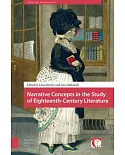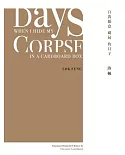The predominant theme of this volume of letters dating from 1528 is Erasmus' controversies with his critics and opponents. The publication in March of the dialogue Ciceronianus, for example,
provoked an uproar in France because it included an ironic jest that was considered insulting to the great French humanist Guillaume Bud& Even more serious were the ongoing efforts of
conservative Catholics in France and Italy (such as Noel Beda and Alberto Pio) and in Spain (members of the religious orders) to prove not only that Erasmus harboured Lutheran sentiments but
also that humanist scholarship was the source of the Lutheran heresy. In response to these charges Erasmus wrote letters and books in which he vigorously defended his orthodoxy and assiduously
cultivated support among the princes and prelates of Europe.
The letters also record Erasmus' growing anxiety over the progress of the Reformation in Basel, which would cause him to leave the city in 1529; his diligent attention to his financial affairs,
which had improved in recent years thanks to the assistance of the Antwerp banker, Erasmus Schets; and his progress on the great editions of Augustine and Seneca that would be published in
1529.





















